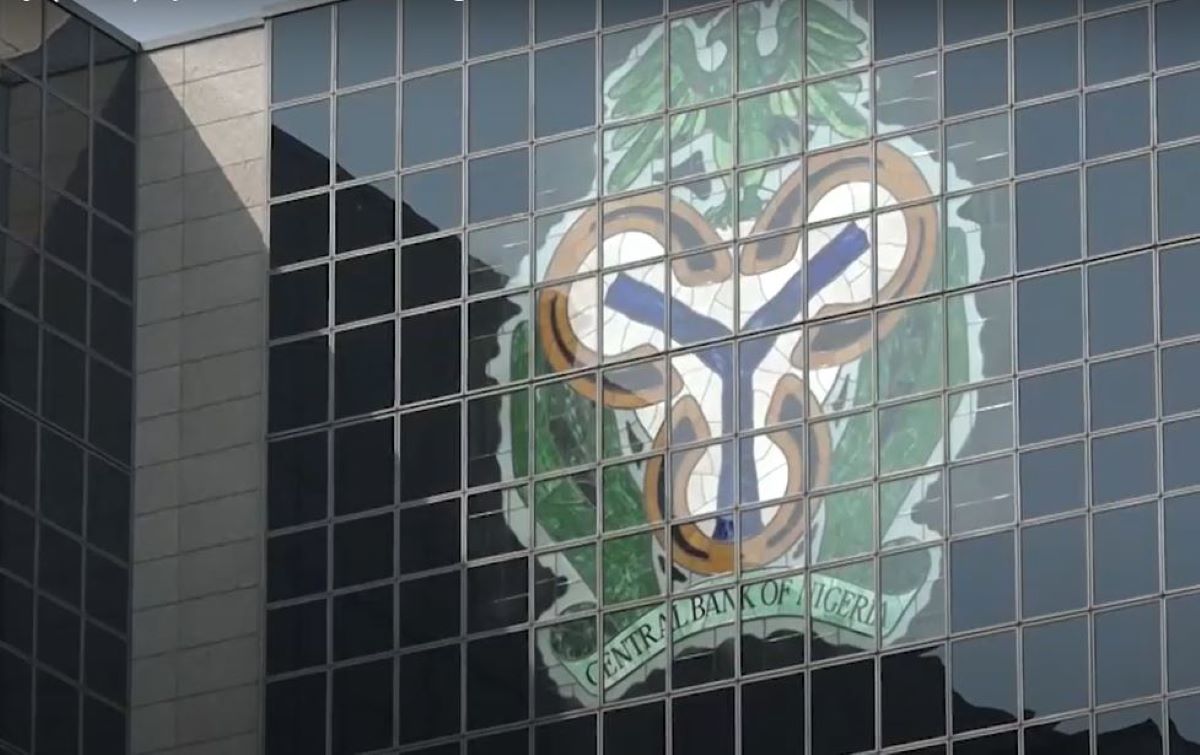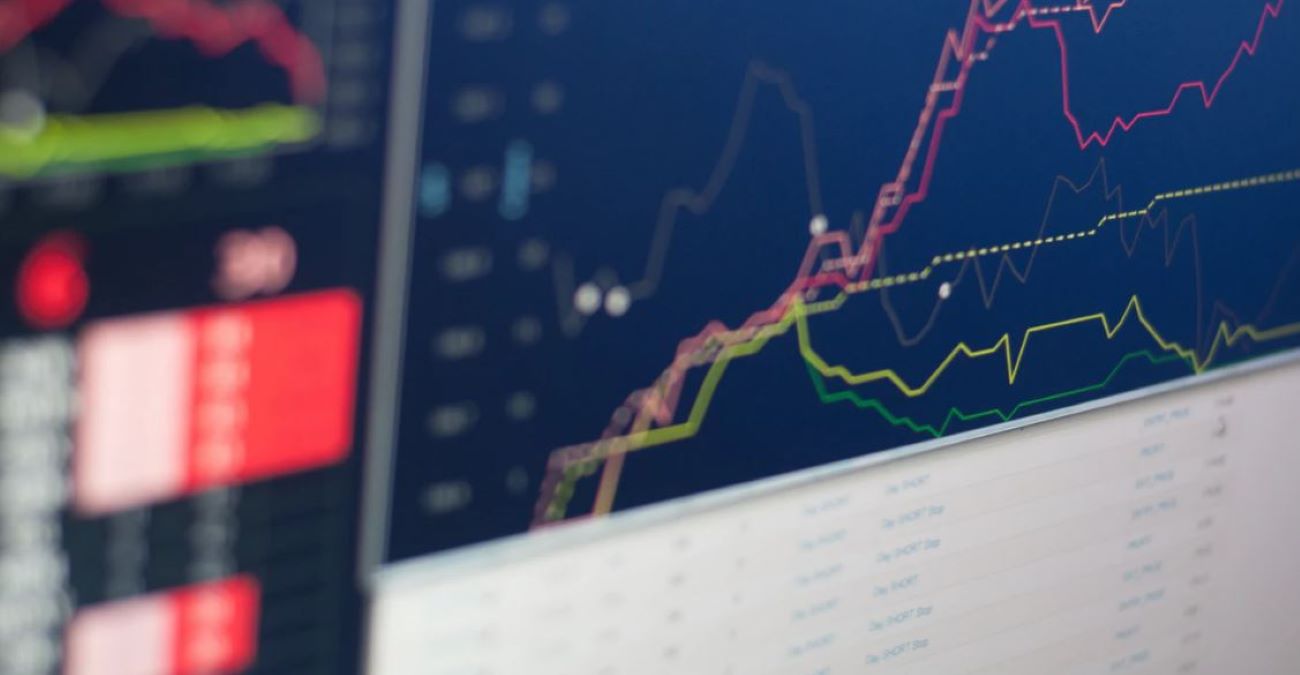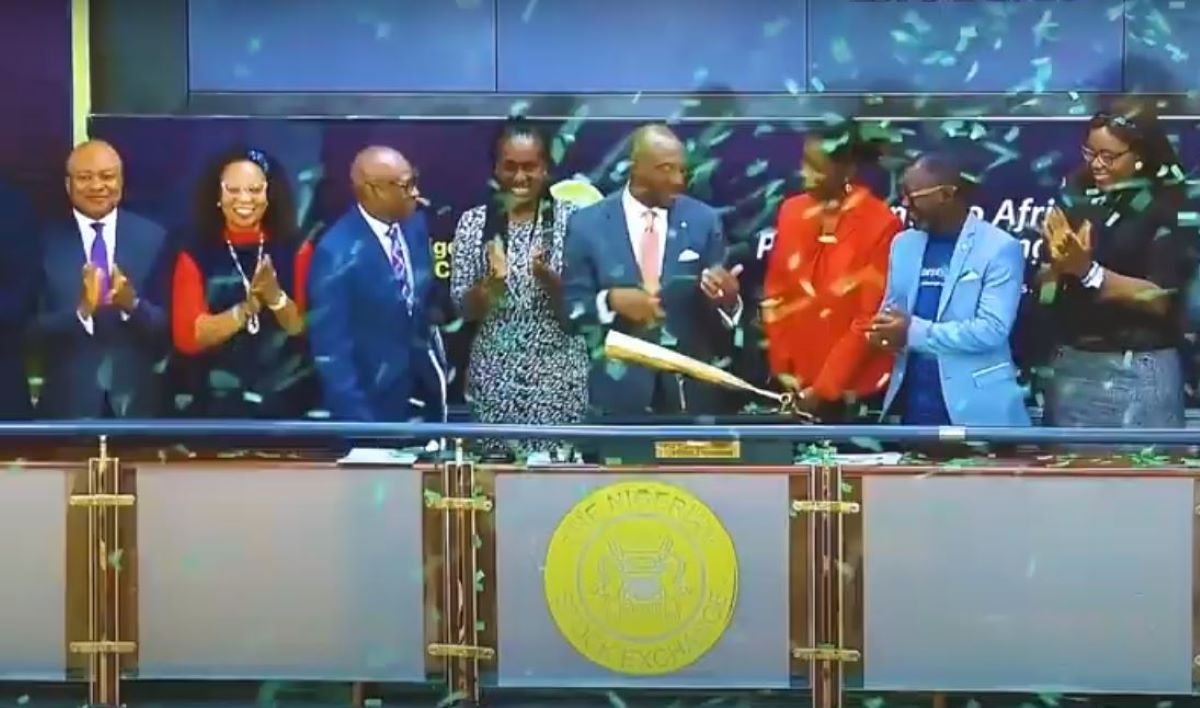Federal government spending for 2021 is regularly being reported alongside its deficits by the Budget Nigeria Office.
The FG projected an aggregate revenue of N8.13 trillion to fund the revised 2021 budget of N14.57trn. This would leave the government with a deficit of N6.4 trillion (or 4.49% of GDP) for the year.
According to the Budget office, FGN’s retained revenue as of June 2021 was N2.23 trillion. The insufficiency of both oil and some non-oil revenue sources amount to a shortfall of 33% for the FG.
Effectively, FG spending for 2021 is at N5.81 trillion, over 90% of the estimated N6.29 trillion expected to be spent from the original 2021 budget for expenditures, N11.53 trillion. This does not include GOEs and Project-tied loans.
The FG further released appropriate sums for non-debt recurrent, debt services, and capital expenditure.
- Nigeria’s DMO appoints JP Morgan, Goldman Sachs, others as advisors
- How to access credit as an MSMEs, small business in Nigeria
A deficit of N3.01 trillion has now been incurred, 53.78% of the budgeted deficit for the year 2021.
Government spending as well as a deficit of this nature have several impacts on the economy.
In some cases like during a recession, FG spending can become necessary to stimulate the economy. It could be a solution for the economy if the FG increases spending.
Where does the FG spend money
There are several ways that FG spends its earnings – revenue expenditure and capital expenditure.
The Budget Office of the Federation further said that the FG has released N1.3 trillion for capital expenditure as of mid-August 2021.
When the appropriate amounts are spent, an economy is less likely to fall into financial situations.
However, the FG sometimes spends more money than it earns from tax and non-tax revenues and incurs deficits.
The FG has incurred a deficit of N3.01 trillion as at end of May 2021. It is about 53.78% of the budgeted, N6.4 trillion (or 4.49% of GDP) deficit for the full year.
But where does it get the excess it spends on expenditure?
The deficits are financed mainly by borrowing and they could harm the economy. When the FG spends more than the earnings, they are running a deficit.
This does not necessarily leave any serious damage to the economy if it is properly accessed especially if it spends more on capital expenditures.
These kinds of expenditures create assets in the economy and it would give returns in the long run even if the FG runs a deficit.
Problems Nigeria is facing due to government spending, deficit and borrowing
There are signs that government spending, deficit and borrowing are impacting Nigeria adversely in 2021.
- High inflation – Nigeria’s curent inflation rate (July) is at 17.38%.
- High taxes
- Higher interest rates – 11.5% interest rate
The FG is approved to fund its deficit by borrowing locally and externally. The CBN is often one of its first local options.
When the FG borrows money from the CBN for excess expenditure, then the CBN has to print new money to lend to it. This increases the money supply, goods and services remain constant as the increase causes higher prices and hence high inflation.




